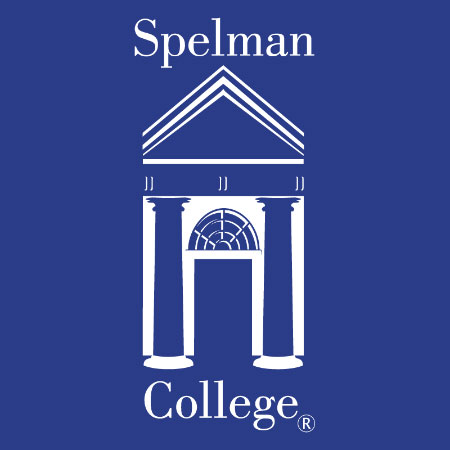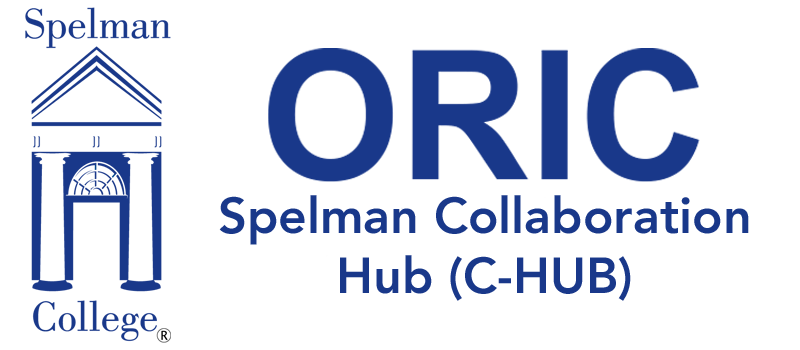
Faculty Name
Leyte Winfield, Ph.D.
Title
Division Chair for the Natural Sciences and Mathematics (NSM) Director of the Cosmetic Science Program Co-Director of the Internal Steering Committee, Center of Excellence for Minority Women in STEM
Department
Chemistry and Biochemistry
Phone
404-270-5748
Office Location
Albro-Falconer-Manley Science Center 151/153
Education
- Post-Graduate Certificate, Academic Leadership, the Chicago School, 2014
- Post-Doc, Medicinal Chemistry, Florida A&M University, 2004
- PhD, Organic Chemistry, University of New Orleans, 2003
- BS, Chemistry, Dillard University, 1997
Biography
Dr. Winfield is a synthetic organic chemist with experience in academic, industrial and military laboratories. From the combined experiences she has gained expertise in the various aspects of medicinal drug design, instrumental methods and synthetic techniques. Her efforts have been recognized by the American Association of Cancer Research and the Council for Undergraduate Research and have been funded in part by the National Institutes of Health. Her emerging interest in chemical education has produced two textbooks, several publications, and funding from the national science foundation.
Courses Taught
Spelman:
- Biomedical Business (CHE 162)
- Fat Transfer and the Age of Constructing Beauty (FYC 100)
- First Year Experience (EDU 101, EDU 102)
- Medicinal Chemistry (CHE 431)
- Organic Chemistry I and II (CHE 231, CHE 232)
- Organic Chemistry Laboratory I and II (CHE 233L, 234L)
- Organic Chemistry Recitation I and II (CHE 233R, CHE 234R)
- Undergraduate Senior Seminar (CHE 429)
eSpelman:
- Fondations in Cosmetic Science.
Research Interests
A number of pedagogical innovations are being utilized synergistically to develop a comprehensive model that leads to improved student performance in the major. The project aims to produce novel tools and adopt proven methods for engaging students in the mastery of STEM concepts and promoting knowledge retention. At the center of the project are cohort building, peer mentorship and tutoring, and blended classroom activities that should lead to an improved student support system for success throughout the curriculum. It is envisioned that students exposed to these interventions in the first and second years will develop learning strategies that translate into their success in upper-level courses and their retention in the major.
In addition to the development of resources, the project seeks to further characterize Spelman’s success by documenting what is occurring in the STEM learning environment and leveraging this to provide culturally relevant insight into the development of curricular models that lead to improved performance of women and minorities in these areas. This work will provide a better understanding of minority students as agents of their own success and Spelman’s learning environment as one that nurtures and encourages such agency.
Funding for this work was provided by the National Science Foundation Historically Black Colleges and Universities Award No. HRD-1332575 and 1912385, the National Science Foundation Improving Undergraduate STEM Education: Education and Human Resources (IUSE: EHR) Award No. 1626002 and 2315607 (pending), and the National Institute of Health Planning Grants for the NIH Building Infrastructure Leading to Diversity (BUILD) Initiative (P20) Award No. 1P20MD008719-01
Publications
1. Ballard, J.; Winfield, L.* A Glimpse of Social Presence during an Organic Chemistry Group Activity. Frontiers in Education 2024, 9, 1357796. DOI: 10.3389/feduc.2024.1357796
2. Ballard, J.; Gamage, S. K.; Winfield, L.*; Mooring, S.* Cognitive Discourse During a Group Quiz Activity in a Blended Learning Organic Chemistry Course. Chemistry Teacher International 2023. DOI: 10.1515/cti-2023-0007.
3. Younge, S.; Dickens, D.; Winfield, L.; Sanders Johnson, S.* Moving Beyond the Experiment to See Chemists Like Me: Cultural Relevance in the Organic Chemistry Laboratory, Journal of Chemical 2022, 99 (1), 383 – 392. DOI: 10.1021/acs.jchemed.1c00488.
4. Davis, R.; Wilson-Kennedy, Z.*; Winfield, L.; Spivak, D. The Role of International Research Experiences in the Development of Women of Color in Science. Journal of Chemical Education 2022, 99 (1), 104 – 112. DOI: 10.1021/acs.jchemed.1c00518.
5. Sanders Johnson, S.*; Winfield, L.; Sung, S. Integrating iSpartan into a Classic Organic Chemistry Laboratory Experiment. Journal of Chemical Education 2021, 98 (3), 982 – 985. DOI: 10.1021/acs.jchemed.0c01134.
6. Winfield, L.* In the Rhythm of Agency. In African American Chemists: Academia, Industry, and Social Entrepreneurship. Collins, S., Ed. ACS Publications, 2021; 117 – 129 pp. DOI: 10.1021/bk-2021-1381.ch011
7. Leontyev, A.*; Houseknecht, J.; Maloney, V.; Muzyka, J.; Rossi, R.; Welder, C.; Winfield, L. OrganicERs: Building a Community of Practice of Organic Chemistry Instructors through Workshops and Web-based Resources. Journal of Chemical Education 2020, 97 (1), 106-111. DOI: 10.1021/acs.jchemed.9b00104
8. Gregory-Bass, R.; Winfield, L.* Preliminary Analysis of Anti-Proliferative, Apoptotic, and Anti-Migratory Effects LLW-3-6 in SKOV-3 Ovarian Cystadenocarcinoma Cell Line. Letters Drug Design Discovery 2020, 17, 10. DOI: 10.2174/1570180817666200129142949.
9. Winfield, L.*; McCormack, K.; Shaw, T.** Using iSpartan to Support a Guided-Inquiry Activity on Alkane Conformations. Journal of Chemical Education 2019, 96 (1), 89– 92. DOI: 10.1021/acs.jchemed.8b00145
10. Growing Diverse STEM Communities: Methodology, Impact, and Evidence. Winfield, L.*, Wilson-Kennedy, Z.; Thomas, G.A.; and Watkins, L.; Eds. ACS Publications, 2019. DOI: 10.1021/bk-2019-1328.
Full list of publications available on ORCID.
